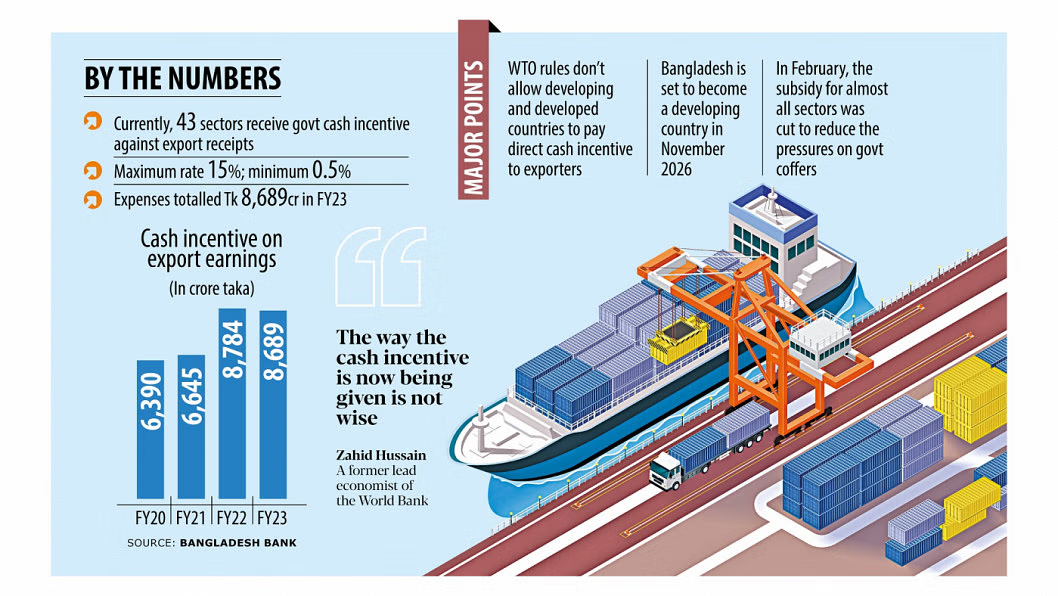A new self-regulating platform has emerged to oversee building inspection and remediation of listed apparel factories in Bangladesh in place of Alliance, which had been providing safety monitoring, oversight and reporting services for the North American brands and buyers.Nirapon was created as a common platform by global RMG brands for whom Bangladesh is an important sourcing destination to sustain and build on the past six years’ remarkable safety achievements, said its CEO, Moushumi M Khan.As of today, there are 21 member brands and over 600 factories under Nirapon, she told a press conference of Nirapon at the Westin Dhaka yesterday.All of these Nirapon-member brand factories are required to continue to meet the National Action Plan-harmonised standards for physical safety of structural, fire and electrical components.“Nirapon builds on the achievements of the Alliance’s successful remediation efforts and our goal of worker safety remains the same. However, the Nirapon model is fundamentally different,” she said.Alliance worked directly with factories to drive remediation and training programmes while Nirapon’s role is of oversight and independent verification of safety and training compliance and to report these results to members.“It cannot and will not suspend factories nor share factory information other than to its members. Rather, factories will now work directly with third party service providers with guidance from their Nirapon member brands and oversight from Nirapon,” Khan also said.“The unprecedented partnership, that is Nirapon, will help build capacity towards a locally sustainable culture of factory safety,” Jamilur Reza Choudhury, chairman of the board of Nirapon, said at the event.“This Nirapon platform represents a welcome step towards greater worker safety in the Bangladesh RMG industry,” he said, adding, “Nirapon is not in any way a regulating body.”“Instead it will use a brand-led approach of safety monitoring, oversight and reporting services for our subscribed members based on the laws of Bangladesh to help member factories build their own self-sustaining culture of safety,” said Choudhury.Bangladesh will continue to be a special sourcing destination for the North American clothing retailers and brands, added Marco Reyes of Walmart, a US retail giant and one of the largest buyers of Bangladeshi garment items. This is because the South Asian country has already proved its strength in this business and improved the workplace safety significantly, he said.“The Rana Plaza incident six years ago served as an important wakeup call for all of us on the need for urgent reforms,” he said.“As we know, since then global RMG brands along with the Bangladesh government and factory owners came together in an unprecedented effort to bring safety to the Bangladesh RMG sector,” he said.“And each day we are continuing to sustain the safety achievements we’ve secured thus far,” said Reyes.“We can all agree that worker safety is our top priority. From a brand’s perspective, we believe that Bangladesh is a special sourcing country,” he said.“Safety has been an integral part of our supply chain and we, the brands, along with factory management, the government of Bangladesh, BGMEA and other stakeholders are working together so that workplace safety can be protected for all,” he said.He also said his company has a long-term commitment for Bangladesh. Tapan Chowdhury, an independent director of the Nirapon board, said the retailers and brands want monitoring of safety in the garment sector.The safety standards that the garment sector achieved after inspection and remediation is a big achievement for Bangladesh, he said, adding that the country would have to continue to ensure this safety in the garment sector.
RMG BANGLADESH NEWS
A Knowledge-based Initiative of Best Sourcing
Ready Made Garments sector is the key source of foreign currency and GDP for Bangladesh. Approximately 4.2 million people are dependent on the RMG sector for their bread and butter.
Ready Made Garments sector is the key source of foreign currency and GDP for Bangladesh. Approximately 4.2 million people are dependent on the RMG sector for their bread and butter.
Contact us: info@rmgcentre.com
© Copyright 2019 - RMG Bangladesh
















